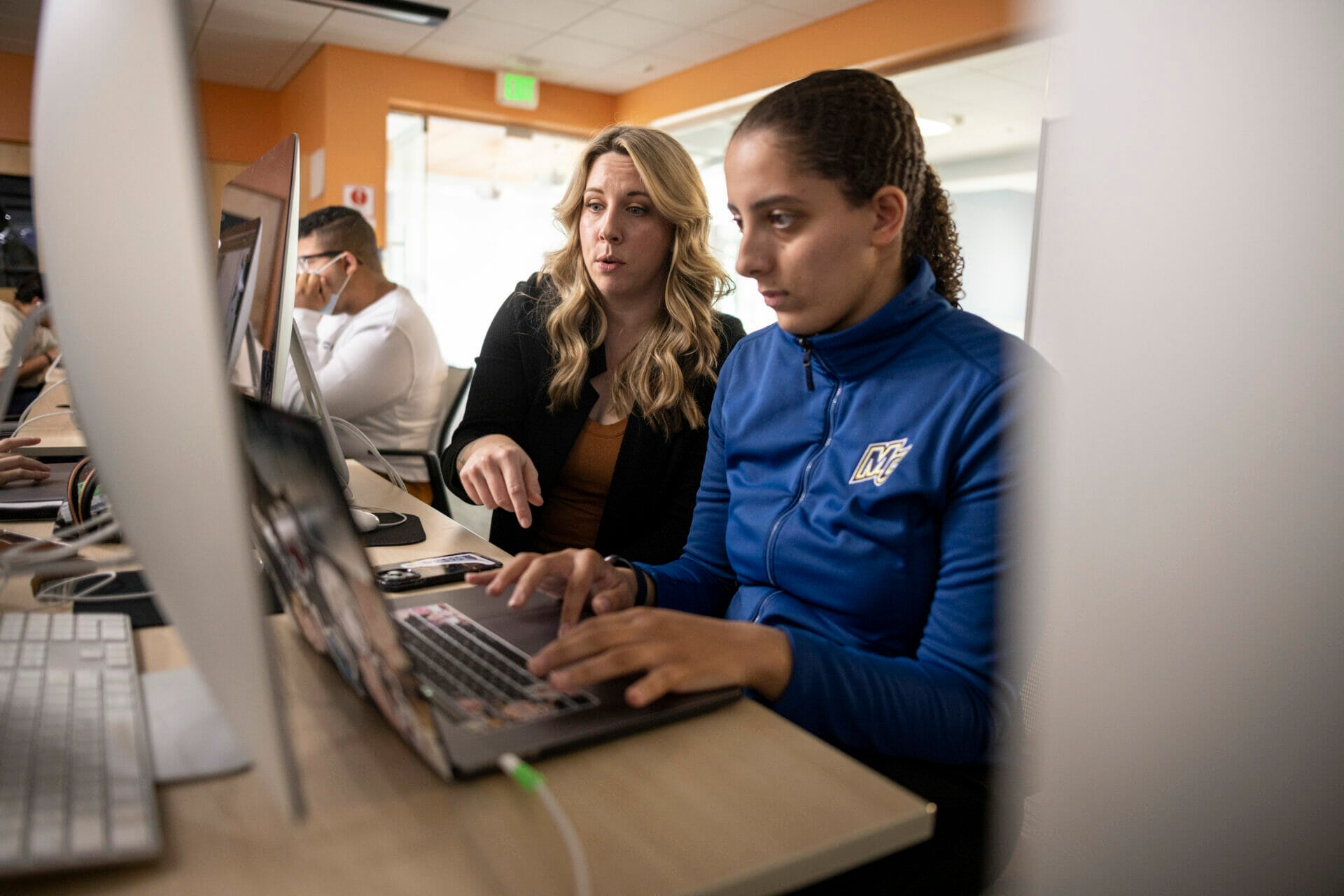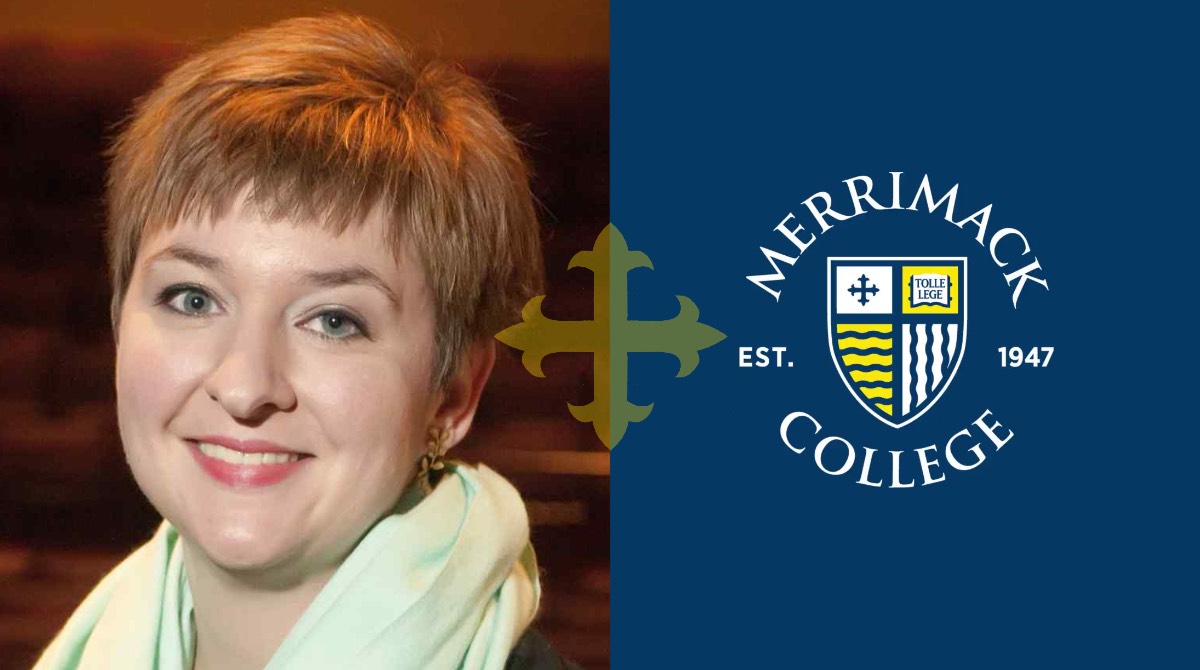STEM stands for science, technology, engineering and math and is a designation given to Merrimack majors related to those fields of study. STEM programs span several academic disciplines and prepare our students to apply what they’ve learned to innovate for the future.
enrolled in STEM degree
programs in 2020-2021
in STEM research
of STEM-related
research space
STEM-classified careers are among the fastest-growing and highest paying jobs, according to the Bureau of Labor Statistics. But that’s not the only reason to pursue a STEM degree at Merrimack. STEM majors call upon critical thinking, problem-solving, and creative and collaborative skills to help you apply academic study and research to solve real-world problems.
*If you are an international student, in a STEM-designated degree, you may qualify for a STEM optional practical training (OPT) extension.
STEM majors can be found in four of our schools on campus. These include the School of Engineering and Computational Sciences, the School of Nursing and Health Sciences, the School of Education and Social Policy and the School of Arts & Sciences. From computer engineering, to nursing, to mathematics, to STEM education, Merrimack offers many majors and graduate programs that have STEM designations.

At the School of Nursing & Health Sciences, you’ll get a solid background in basic sciences and technology, enhanced by diverse experiential learning opportunities. From nursing to exercise science to nutrition, Health Sciences majors use state-of-the-art lab equipment to contribute to advances in the health care sector.

The School of Arts and Sciences is the bedrock and intellectual core of Merrimack’s Augustinian values and academics. Through the arts, humanities and life sciences, students are exposed to diverse ideas, theories and perspectives that nurture critical thinking and problem-solving skills transferable to many careers and fields.

A result of a unique partnership between the School of Education and Social Policy and the School of Engineering and Computational Sciences, the STEM education major is open to education majors as their second major towards licensure in early childhood education, elementary education and/or moderate disabilities. This cutting-edge interdisciplinary major not only prepares you to teach the next generation of innovators, but it also provides the specialized training necessary to earn your state STEM teaching license.
Merrimack offers multiple opportunities for students to engage in experiential learning, both on campus and in the community. Merrimack is also part of the Northeast STEM Network, a collaborative initiative that we lead with Salem State University as part of Massachusetts’ Regional STEM Network. Students, educators, community leaders, and industry partners can connect with one another about regional STEM opportunities.
After many years of hard work and collaboration, Dr. Laura Moore Pruett celebrates the release of her new book!
